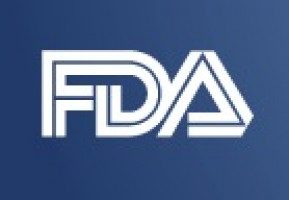
On March 7, 2024, the Food and Drug Administration granted accelerated approval to zanubrutinib with obinutuzumab for relapsed or refractory follicular lymphoma (FL) after two or more lines of systemic therapy.
See full prescribing information for zanubrutinib here.
The regimen was evaluated in Study BGB-3111-212 (ROSEWOOD; NCT03332017), an open-label, multicenter, randomised trial that enrolled 217 adult patients with relapsed or refractory FL after at least 2 prior systemic treatments. Patients were randomised (2:1) to receive either zanubrutinib 160 mg orally twice daily until disease progression or unacceptable toxicity plus obinutuzumab (ZO), or obinutuzumab alone. The median number of prior lines of therapy was 3 (range 2-11).
Efficacy was based on overall response rate (ORR) and duration of response (DOR) determined by an independent review committee. ORR was 69% (95% CI: 61, 76) in the ZO arm and 46% (95% CI: 34, 58) in the obinutuzumab arm (two-sided p-value, 0.0012). With a median follow-up of 19.0 months, the median DOR was not reached in the ZO arm (95% CI: 25.3 months, NE) and was 14.0 months (95% CI: 9.2, 25.1) for those patients receiving obinutuzumab monotherapy. The estimated DOR rate at 18 months was 69% (95% CI: 58, 78) in the ZO arm.
Across clinical trials of zanubrutinib, the most common adverse reactions (≥30%), including laboratory abnormalities, were decreased neutrophil counts (51%) and platelet counts (41%), upper respiratory tract infection (38%), haemorrhage (32%), and musculoskeletal pain (31%). Serious adverse reactions occurred in 35% of patients with FL who received ZO.
The recommended zanubrutinib dosage is 160 mg taken orally twice daily or 320 mg taken orally once daily until disease progression or unacceptable toxicity.
Source: FDA
We are an independent charity and are not backed by a large company or society. We raise every penny ourselves to improve the standards of cancer care through education. You can help us continue our work to address inequalities in cancer care by making a donation.
Any donation, however small, contributes directly towards the costs of creating and sharing free oncology education.
Together we can get better outcomes for patients by tackling global inequalities in access to the results of cancer research.
Thank you for your support.